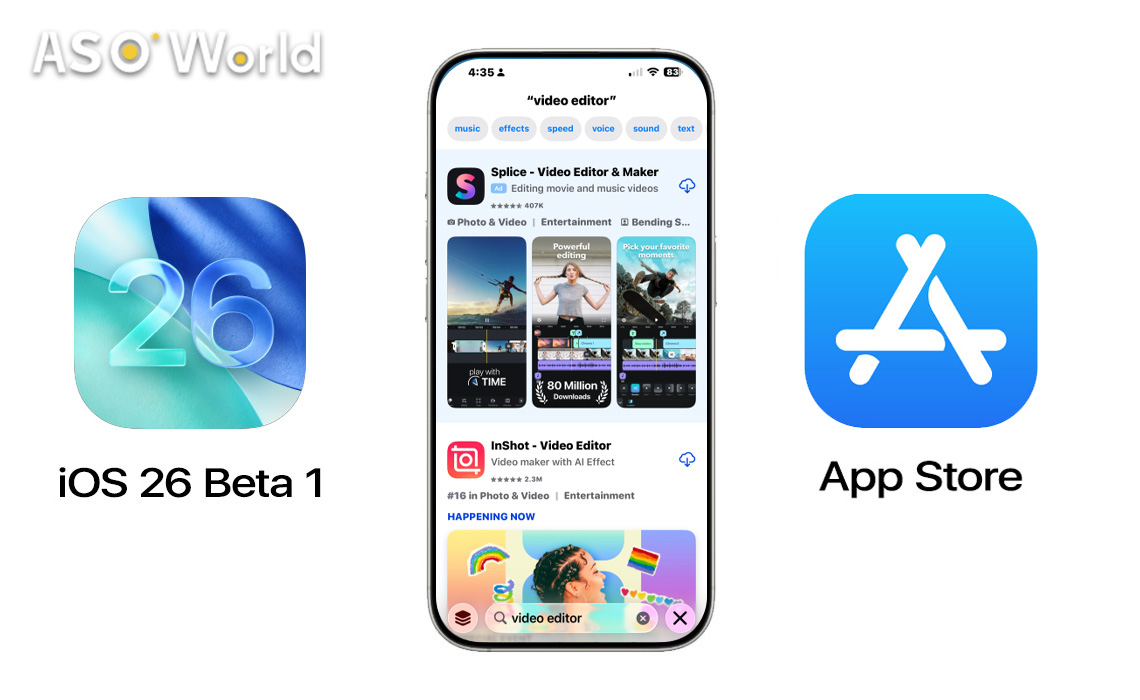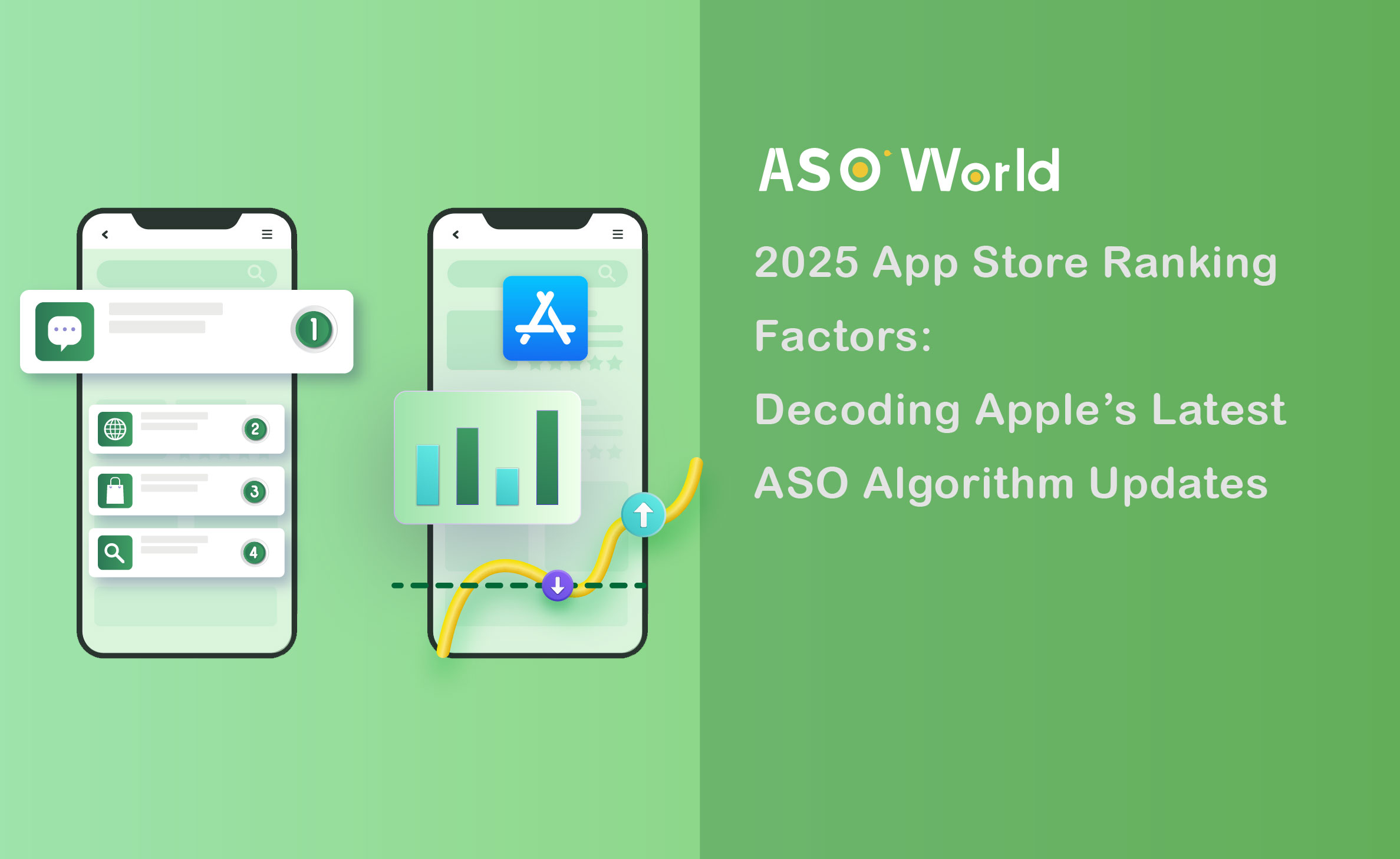





Apple’s AI tagging in the iOS 26 beta improves App Store discoverability by analysing app metadata, while maintaining developer control and human oversight.

Apple has unveiled a new feature to enhance how users discover apps on the App Store, employing AI to generate tags that highlight particular app functionalities. This update, announced at WWDC 25, is currently available in the developer beta of iOS 26. While it appears promising for improving app discoverability, its full impact is still emerging, especially for developers and users.
At present limited to the beta environment, these tags are not yet publicly visible or influencing live search rankings, but they indicate a potential shift in how apps are presented.
👉 What’s New in iOS 26 Beta 1: Liquid Glass, Live Translation, and More
Apple’s new system utilises advanced AI, specifically large language models, to analyse app details such as descriptions, categories, and screenshots. This allows the creation of tags that reflect specific functionalities, moving beyond the traditional reliance on app names and keywords.
For example, an app with offline functionality might receive an "Offline Mode" tag, making its features more visible to users searching for such options.
Currently, the AI-generated tags are exclusive to the iOS 26 developer beta, meaning they do not appear on the public App Store or affect its search algorithm. This testing phase allows Apple to refine the feature based on developer feedback before a wider release, ensuring stability and effectiveness when it becomes available to all users.
There is speculation regarding the future impact of these tags on app search rankings. Appfigures, an app intelligence company, initially suggested that screenshot metadata was already aiding discoverability, implying optical character recognition (OCR) was involved.
Apple clarified at WWDC 25 that it employs AI, not OCR, to interpret metadata, hinting at a more sophisticated approach that could reshape visibility strategies once fully implemented.
👉 App Ranking Factors in 2025: What to Expect from the iOS App Store Algorithm Updates
Developers can review and modify AI-generated tags through App Store Connect, deselecting any that misrepresent their app. This ensures tags accurately reflect the app’s offerings, reducing reliance on tactics such as keyword stuffing in screenshots.
Before tags are published, human reviewers verify their accuracy, adding a layer of quality assurance. This hybrid AI-human process is designed to maintain trust and relevance within the App Store ecosystem.
Apple’s AI tagging initiative represents a promising advancement in addressing the App Store’s discoverability challenge, where millions of apps compete for attention. By highlighting hidden features, it could level the playing field for smaller developers and enhance user satisfaction with more precise search results. The combination of AI automation, developer input, and human review demonstrates a considered approach, balancing innovation with reliability.
Nevertheless, its success depends on the AI’s accuracy and developers’ adaptation to this system. If effective, it could surpass competitors such as Google Play, which uses AI for recommendations but lacks this level of tagging specificity. Given Apple’s AI focus at WWDC 25, a public release might coincide with iOS 26’s full launch, potentially redefining app store standards.

Get FREE Optimization Consultation
Let's Grow Your App & Get Massive Traffic!
All content, layout and frame code of all ASOWorld blog sections belong to the original content and technical team, all reproduction and references need to indicate the source and link in the obvious position, otherwise legal responsibility will be pursued.